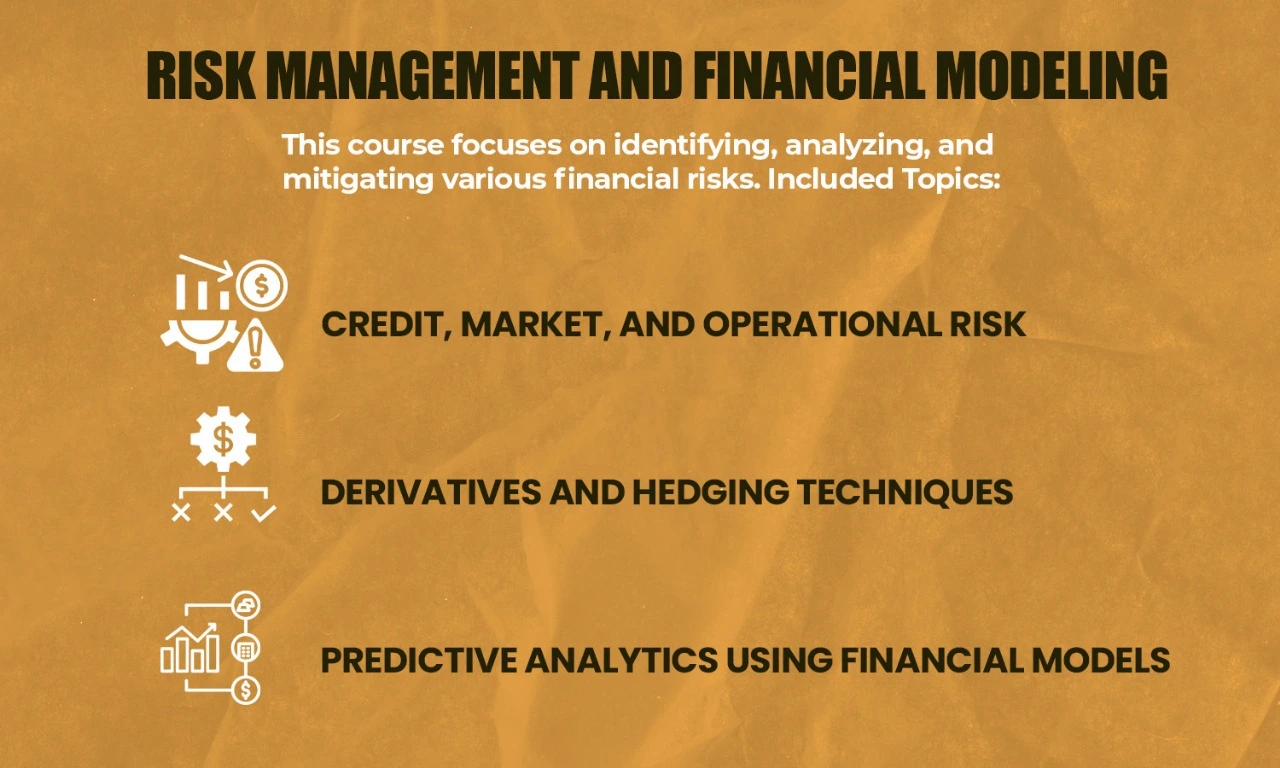The MBA in Finance syllabus is designed to prepare professionals for high-impact roles in corporate finance, banking, investment, and risk management. With a focus on strategic thinking, data interpretation, and financial leadership, these advanced courses go beyond the basics to develop practical expertise.
If you are planning to pursue an online degree course, knowing what lies ahead in the curriculum will help you align your learning with career goals. Here’s a breakdown of 5 advanced topics commonly found in the MBA finance curriculum that are crucial for long-term success.
1. Corporate Finance and Financial Planning
A core pillar in any MBA finance syllabus, this subject helps students understand capital structuring, working capital management, and long-term financial strategy. Students learn how to make investment decisions, evaluate risk, and forecast business outcomes using financial modeling tools.
Topics Covered:
- Capital budgeting and funding sources
- Financial statement analysis
- Dividend policies and capital restructuring
2. Investment and Portfolio Management
This subject prepares students for roles in asset management, wealth advisory, and institutional investments. As part of the investment management in MBA, students explore portfolio theory, asset pricing models, and market instruments.
Key Learning Areas:
- Equity and debt investment strategies
- Mutual funds and ETFs
- Risk-return optimization
3. Risk Management and Financial Modeling

In today’s volatile markets, financial risk management MBA subjects are more important than ever. This course focuses on identifying, analyzing, and mitigating various financial risks.
Included Topics:
- Credit, market, and operational risk
- Derivatives and hedging techniques
- Predictive analytics using financial models
A critical skill today is financial modeling in MBA, where students simulate real-world scenarios using tools like Excel or R.
4. Capital Markets and Banking Operations
This topic gives a macro view of the economy through the lens of capital flow, banking systems, and regulatory frameworks. As part of the banking and finance MBA syllabus, students understand how global and domestic capital markets function.
Areas of Study:
- Stock exchanges and bond markets
- Regulatory bodies (SEBI, RBI, etc.)
- Functions of commercial and investment banks
It prepares learners for roles in corporate banking, treasury, and regulatory compliance.
5. Mergers and Acquisitions in the Banking Sector in India
M&A activity is an advanced topic in corporate finance topics and a vital part of modern financial strategies. This subject dives deep into valuation methods, due diligence, and legal aspects of mergers.
Highlights:
- Case studies of Indian banking sector M&As
- Legal and strategic framework
- Post-merger integration and financial restructuring
Students also explore how these transactions impact shareholder value, firm reputation, and financial reporting.
How an MBA in Finance Prepares You for Leadership
An online MBA in financial analysis doesn’t just build technical skills—it sharpens business acumen. You’ll graduate with the ability to interpret financial data, manage business risk, and lead teams.
Whether you’re aiming for a career in corporate finance, banking, investment analysis, or consulting, these advanced MBA finance subjects ensure you’re equipped with both strategic insight and technical proficiency.
Key Takeaways
- The MBA in Finance syllabus includes advanced subjects that align with modern financial roles.
- Courses in financial modeling, investment strategy, and risk management are highly valued.
- Capital markets and M&A topics provide exposure to real-world economic frameworks.
- The right finance syllabus for MBA can prepare students for both leadership and technical careers.
- SRM University Sikkim’s finance specialization reflects these trends with strong academic and placement support.
FAQs
Core topics include corporate finance, risk management, investment strategies, capital markets, and financial modeling.
Yes, most programs include investment and portfolio management as part of the advanced curriculum.
Absolutely. Financial modeling is a key part of decision-making and is covered in advanced finance courses.
MBA in Finance offers broader opportunities across sectors, while banking specializations are more niche.
It builds analytical, decision-making, and leadership skills necessary for high-paying roles in finance, banking, and investment sectors.







